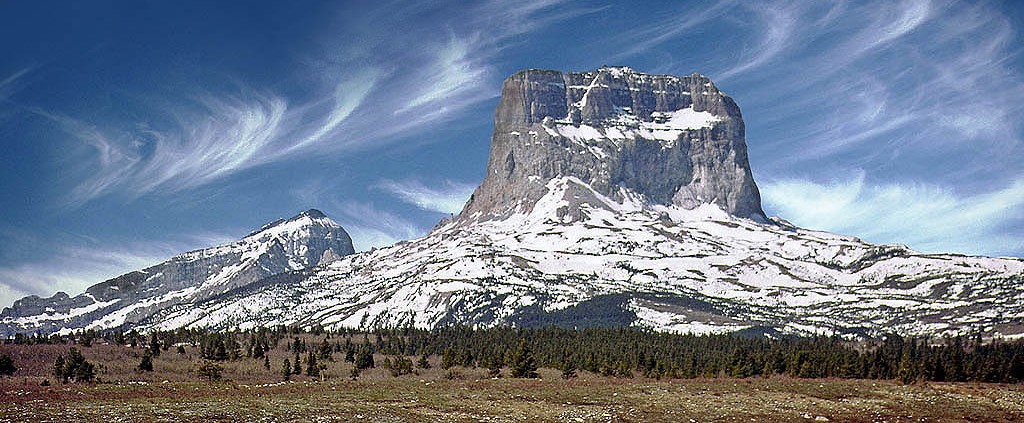Much of our knowledge as Indigenous people comes from the land: our medicines, foods, ceremonies, and even our languages are connected to the land. Although colonization changed this connection for many of us, we have the power to grow and strengthen our relationship.
In settler-colonial nations like the United States and Canada, one of the goals of colonists was to exploit natural resources, like wood and minerals. It was also to own and have control over the land. In the U.S., the federal government actively worked to disconnect Natives from our land and the land’s knowledge. This happened, in part, through federal laws that were designed to remove and relocate Native people. It also happened through federal laws that created boarding schools and banned Native religious practices. What resulted over time was that many of us became disconnected from the land and the lessons it provides. Fortunately, this knowledge, including our medicinal and food knowledge, is not lost. It is only buried. When we unearth it by working to strengthen our connection to the land, we are unearthing valuable ancestral wisdom about how to support our individual and community health.
Indigenous knowledge of the land is often called “traditional ecological knowledge.” My Tribe, the Blackfeet, used over 200 plants for food, medicine, and other uses. This knowledge was passed down from generation to generation through storytelling and harvesting. I grew up picking medicinal plants with knowledge learned from my mom, grandma, and great grandma, who learned it from their Elders.
Another important part of traditional ecological knowledge is our food. In some Indigenous languages, such as the Blackfeet language, the word for land is ahwahsiin. This translates to “where we get our food.” Today, many communities are advocating for “food sovereignty.” Food sovereignty means that Tribal communities have control over the ways they get food, like gardening, farming, grocery stores, or gathering traditional foods. Food sovereignty isn’t just good for our nutrition – harvesting traditional foods like berries and root vegetables is great exercise too. It also connects us to our ancestors, medicines, and the ideas and values that have sustained the health and wellness of our peoples for centuries.
There are scientists- both Native and non-Native- working to make sure Indigenous knowledge is recognized as equally as significant as Western science. In their statement of support for the March for Science, Indigenous scientists wrote:
“Long before Western science came to these shores, there were Indigenous scientists here. Native astronomers, agronomists, geneticists, ecologists, engineers, botanists, zoologists, watershed hydrologists, pharmacologists, physicians and more—all engaged in the creation and application of knowledge which promoted the flourishing of both human societies and the beings with whom we share the planet.”
For many Indigenous people, our connection to the land is our source of strength. Our ancestors and relatives had a deep connection to the land. Learning more about our ancestral knowledge is important for keeping our cultures and communities strong, to improve our health, and to improve our environment and address climate change.
To learn about how you can strengthen your connection to the land, read Healing the Land is Healing Us.
Learn more about Indigenous ancestral knowledge and the land:
- Indigenous Science Statement signed by fourteen Indigenous scientists and science advocates
- How Native American food is tied to important sacred stories by Dr. Rosalyn LaPier
- Manoomin – Food That Grows on the Water video
- Spearfishing – A Living History video
- Hunting Deer- Sharing the Harvest video
- Lake Superior Whitefish – Carrying on a Family Tradition video
- Indigenous Star Stories article
- Land Back: Because Colonialism Does Not Spark Joy article
- Healing the Land is Healing Us article
Author: Abaki Beck (Blackfeet and Red River Metis) is a freelance writer and public health researcher passionate about health equity in Native communities, particularly for justice-involved community members. She earned her Master’s in Public Health in 2020 and grew up in Montana.


